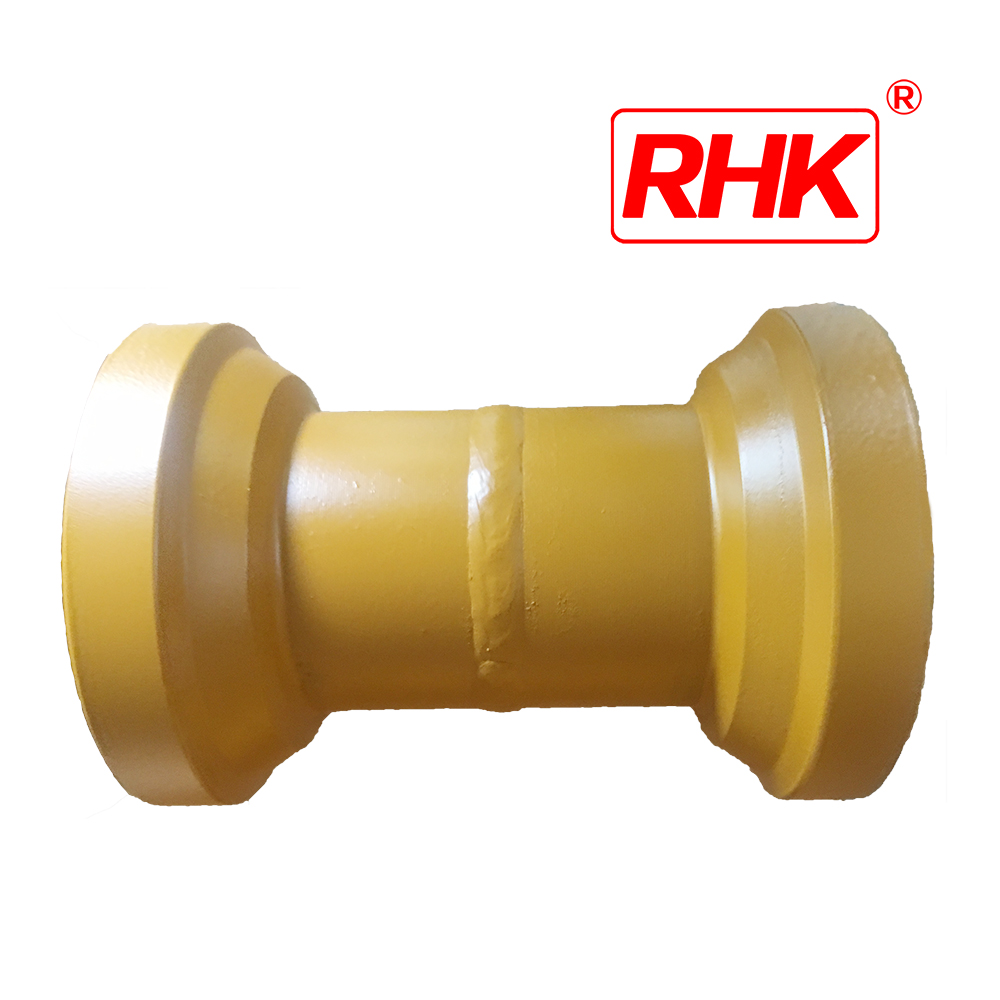Carrier rollers are integral components in the machinery and industrial equipment realm, playing a crucial role in facilitating smooth material handling and movement within various applications. These rollers, though often unnoticed, are essential for the functionality and efficiency of conveyors, heavy machinery, and mechanical systems. Let’s explore the intricacies, functionalities, and importance of carrier roller, shedding light on their pivotal role in industrial operations.
What are Carrier Rollers?

Carrier rollers, also known as idler rollers, are cylindrical components designed to support and guide conveyor belts or tracks. They are typically positioned along the length of conveyors or machinery, providing support to the belt or chain and ensuring proper alignment and movement of materials.
Carrier rollers facilitate the movement of materials, products, or components within industrial settings. By reducing friction between the conveyor belt and the supporting structure, these rollers allow for smooth and efficient transportation of goods, aiding in the logistics and assembly processes.
Rolling Towards Efficiency: Troubleshooting Carrier Roller Challenges in Industrial Operations
Carrier rollers find applications in various industries such as mining, construction, manufacturing, agriculture, and transportation. They are utilized in conveyor systems, earth-moving equipment, agricultural machinery, and numerous other mechanical systems that require material handling.
Carrier rollers come in different types and configurations to suit specific industrial needs. They can vary in size, material, and design, offering options for handling different loads, speeds, and environments. Common variations include impact rollers, troughing rollers, training rollers, and return rollers, each serving a specific purpose in material conveyance.
Importance of Quality and Maintenance
The quality and maintenance of carrier rollers significantly impact the performance and longevity of industrial equipment. Regular inspections, proper lubrication, and timely replacement of worn or damaged rollers are essential to ensure optimal functionality and prevent downtime.
Efficient carrier rollers contribute to enhanced productivity in industrial operations. They minimize wear on conveyor belts, reduce energy consumption, and maintain consistent material flow, ultimately improving overall efficiency and reducing operational costs.
Environmental Considerations
As sustainability gains importance in industries, carrier rollers manufactured from eco-friendly materials or designed for reduced friction contribute to energy efficiency and environmental conservation efforts.Carrier rollers may seem like minor components, but their role in material handling and machinery movement within industries is indispensable. Their functionality, versatility, and impact on efficiency make them integral parts of conveyor systems and machinery across diverse sectors.
